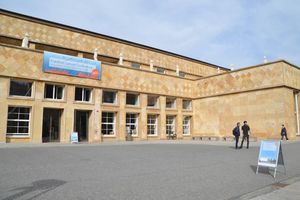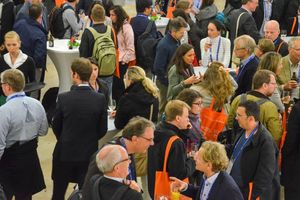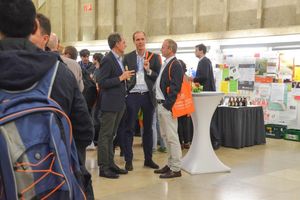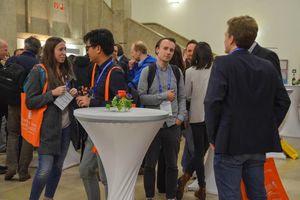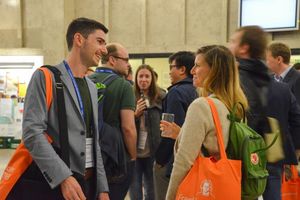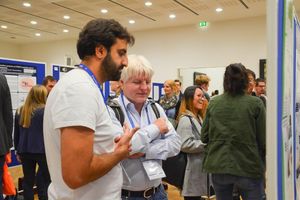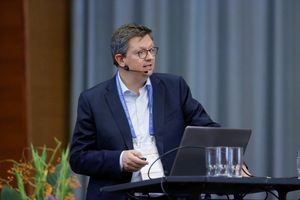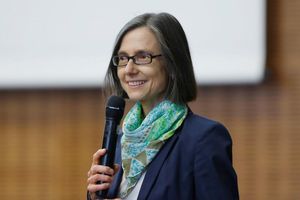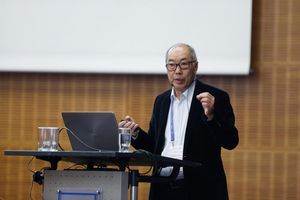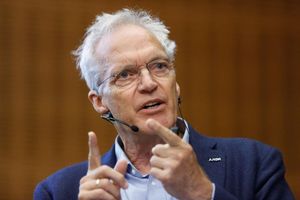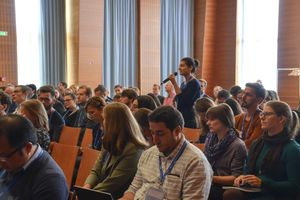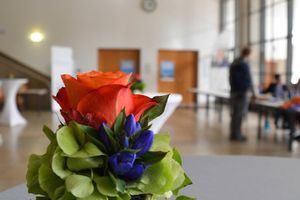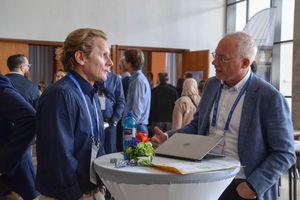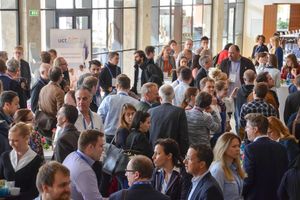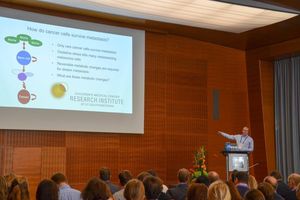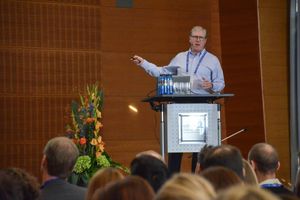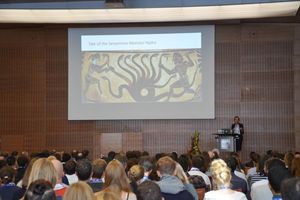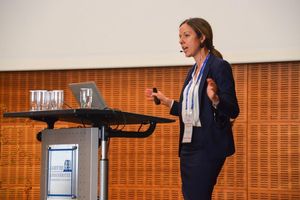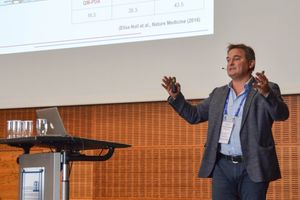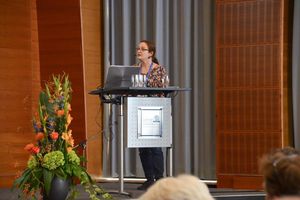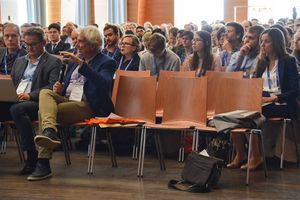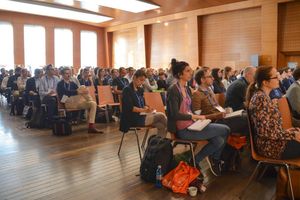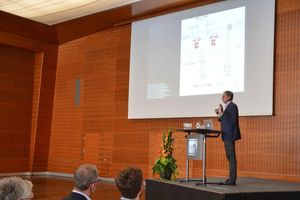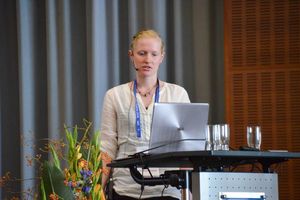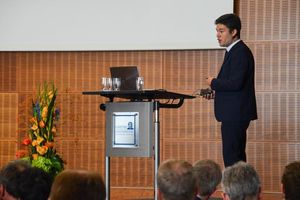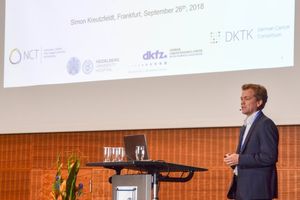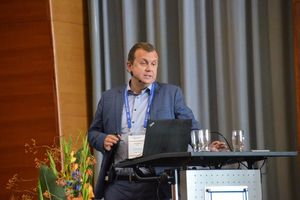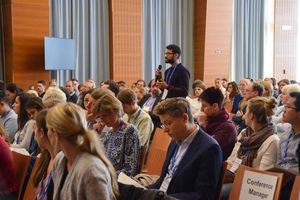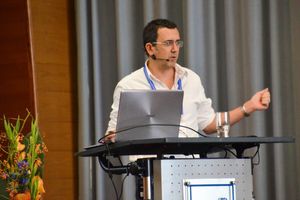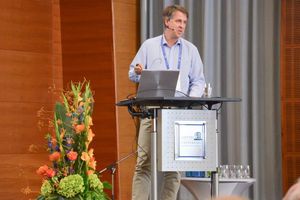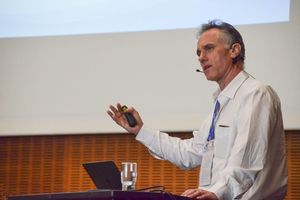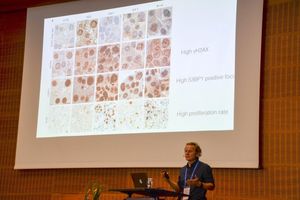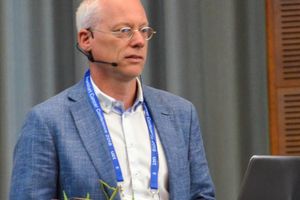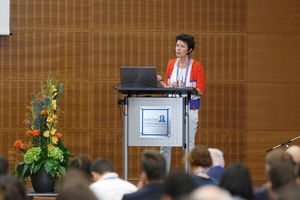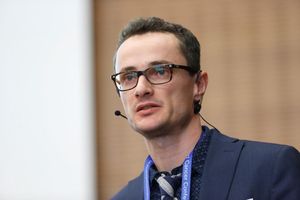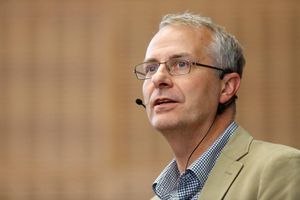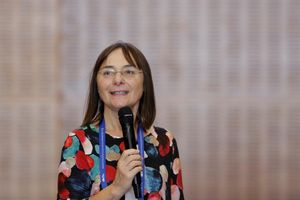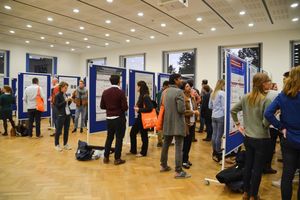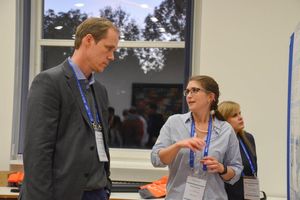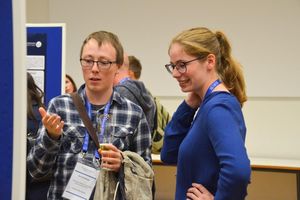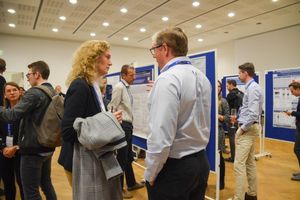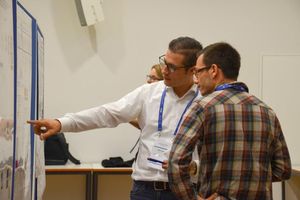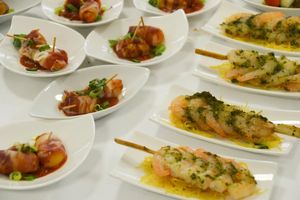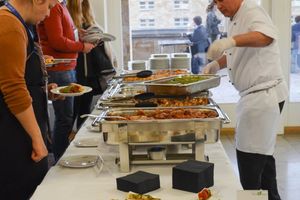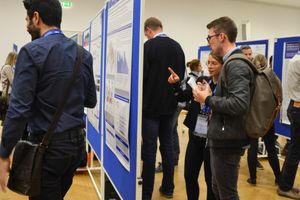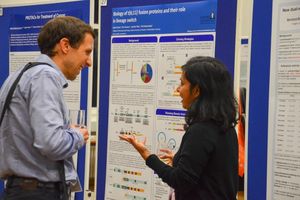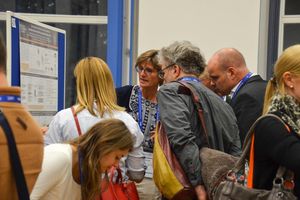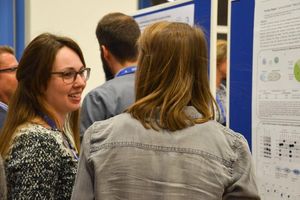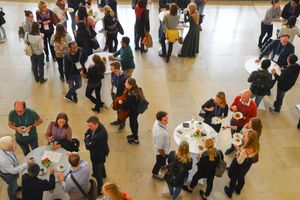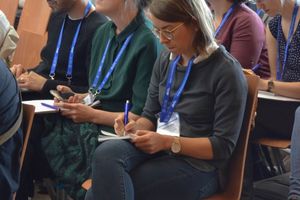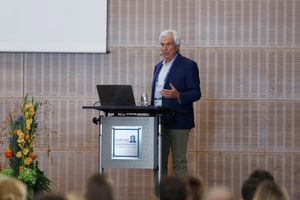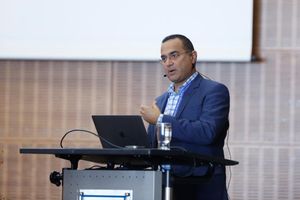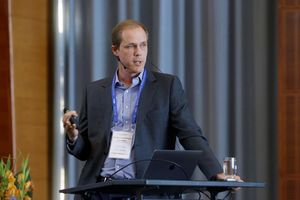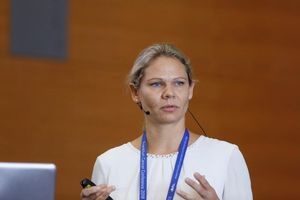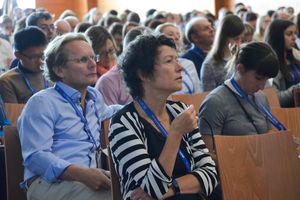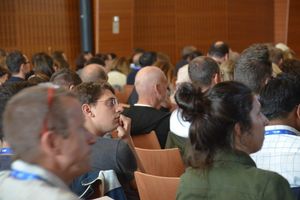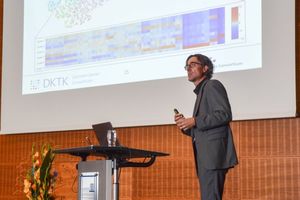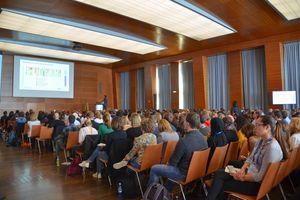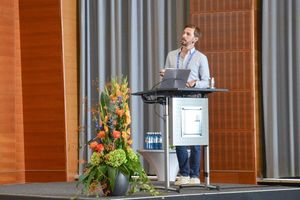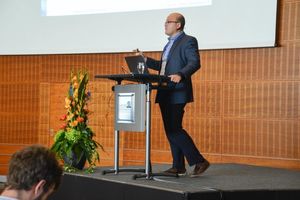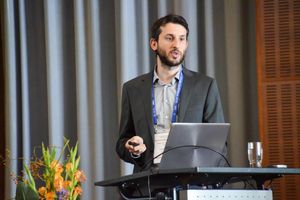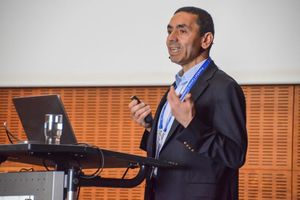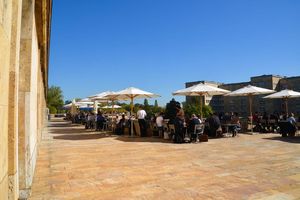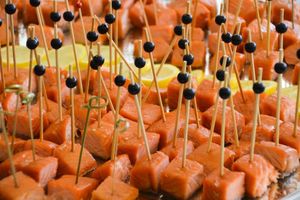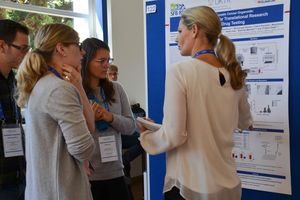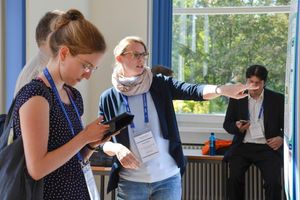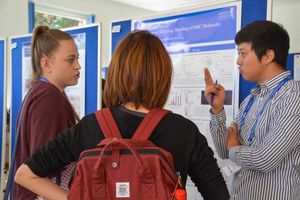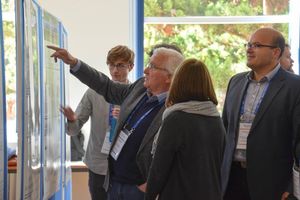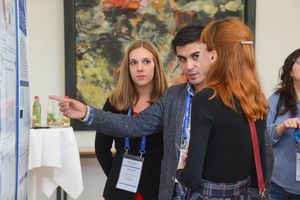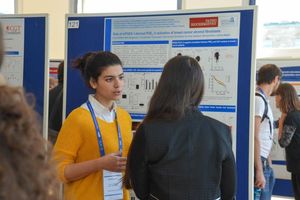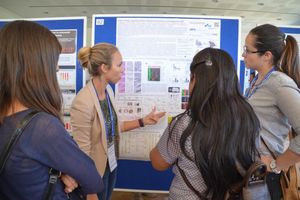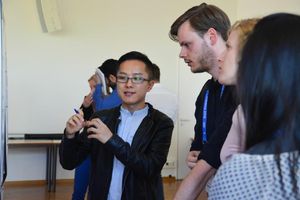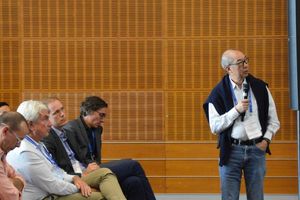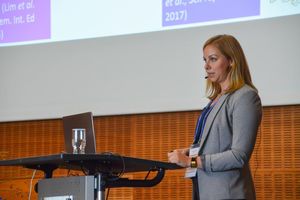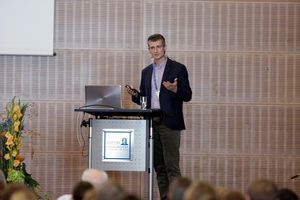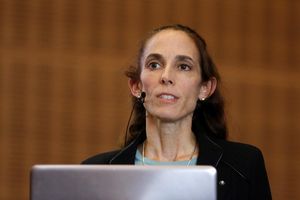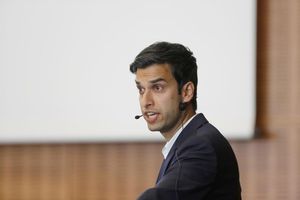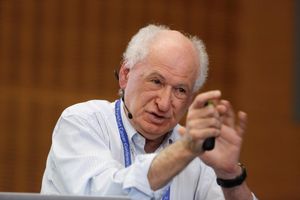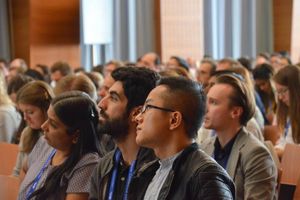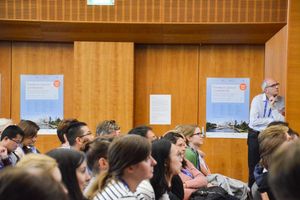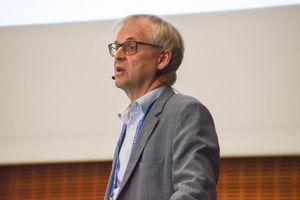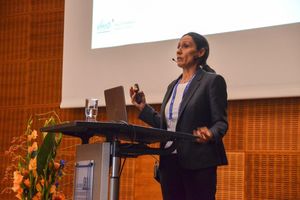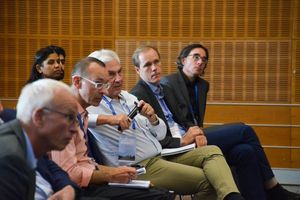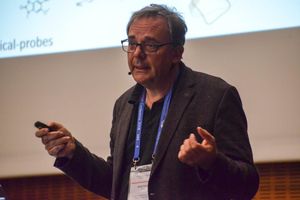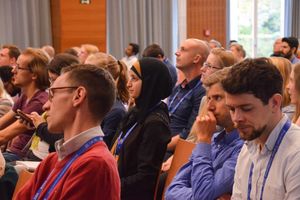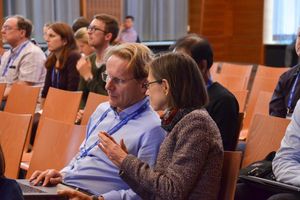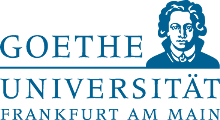Thank you for your participation in the Frankfurt Cancer Conference and for making it a wonderful event!
Browse the picture gallery below for an impression!

About the conference
The Frankfurt Cancer Conference is a meeting of internationally leading cancer researchers as well as junior scientists and oncologists. The main theme of the conference is “Turning molecular information into novel cancer therapies” and it features ongoing translational research activities of the University Cancer Center Frankfurt (UCT) and the German Cancer Consortium (DKTK). Research activities will be presented in two poster sessions and interdisciplinary sessions on the following topics:
- From oncogenic signaling to targeting pathways
- Tumor microenvironment & inflammation
- Cancer stem cells, clonal evolution & tumor heterogeneity
- Cancer metabolism
- Using preclinical models for precision oncology
- Target discovery in cancer
- From chemistry to the clinic: drug development and treatment resistance
- Immunotherapy beyond checkpoint-inhibition
Target audience
The conference targets basic and translational researchers as well as oncologists who are interested in cancer signaling, novel cancer therapies and mechanism-based clinical trials. We want to encourage both early-career cancer researchers as well as clinical oncologists to participate and present their work to the international community. There will be plenty of opportunities to interact with experts in the field of cancer research and to establish or deepen collaborations in an inspiring atmosphere.
Scientific Organizing Committee

Christian Brandts
Department of Medicine, Hematology/Oncology
University Cancer Center (UCT) Frankfurt
Goethe University Frankfurt
German Cancer Consortium (DKTK) Frankfurt/Mainz

Simone Fulda
Institute for Experimental Tumor Research in Pediatrics
University Cancer Center (UCT) Frankfurt
Goethe University Frankfurt
German Cancer Consortium (DKTK) Frankfurt/Mainz

Karlheinz Plate
Institute for Neurology (Edinger Institute)
University Cancer Center (UCT) Frankfurt
Goethe University Frankfurt
German Cancer Consortium (DKTK) Frankfurt/Mainz

Hubert Serve
Department of Medicine, Hematology/Oncology
University Cancer Center (UCT) Frankfurt
Goethe University Frankfurt
German Cancer Consortium (DKTK) and DKFZ
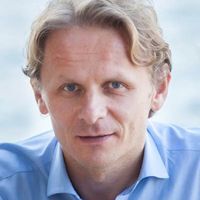
Ivan Dikic
Institute of Biochemistry II
Buchmann Institute for Molecular Life Sciences
University Cancer Center (UCT) Frankfurt
Goethe University Frankfurt
German Cancer Consortium (DKTK) Frankfurt/Mainz
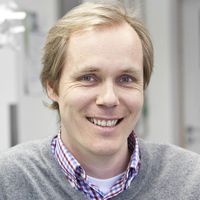
Florian Greten
Institute for Tumor Biology and Experimental Therapy (Georg-Speyer-Haus)
University Cancer Center (UCT) Frankfurt
Goethe University Frankfurt
German Cancer Consortium (DKTK) Frankfurt/Mainz

Claus Rödel
Department of Radiation Therapy and Oncology
University Cancer Center (UCT) Frankfurt
Goethe University Frankfurt
German Cancer Consortium (DKTK) Frankfurt/Mainz

Joachim Steinbach
Dr. Senckenberg Institute of Neurooncology
University Cancer Cancer (UCT) Frankfurt
Goethe University Frankfurt
German Cancer Consortium (DKTK) Frankfurt/Mainz
Speakers

René Bernards
Netherlands Cancer Institute
Amsterdam, NL

Priscilla K. Brastianos
Harvard Medical School
Boston, US

Ivan Dikic
Institute for Biochemistry II
Goethe University Frankfurt, DE

Martin Eilers
Chair of Biochemistry and Molecular Biology, University Würzburg
Würzburg, DE

Simone Fulda
Institute for Experimental Tumor Research in Pediatrics
Goethe University Frankfurt, DE

Florian Greten
Georg-Speyer-Haus Institute for Tumor Biology and Experimental Therapy Frankfurt, DE

Raghu Kalluri
MD Anderson Cancer Center
University of Texas
Houston, US

Michael Karin
University of California San Diego
San Diego, US
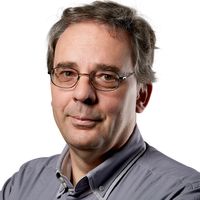
Stefan Knapp
Institute for Pharmaceutical Chemistry, Goethe University
Frankfurt, DE

Bernhard Küster
Chair of Proteomics and Bioanalytics, Technical University Munich
Munich, DE

Tak W. Mak
Campbell Family Institute for Breast Cancer Research
University of Toronto
Toronto, CA

Richard Marais
Cancer Research UK Manchester Institute
Manchester, UK

Sean J. Morrison
Children’s Medical Center Research Institute
University of Texas Southwestern
Dallas, US

Simone Niclou
Department of Oncology, NORLUX
Luxembourg Institute of Health, LU
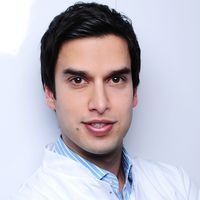
Thomas Oellerich
Department of Medicine, Hematology/Oncology,
Goethe University Frankfurt, DE

Stefan Pfister
Division of Pediatric Neurology, National Center for Tumor Diseases (NCT), DKFZ
Heidelberg, DE

Michael Platten
Department of Neurooncology, University Hospital Mannheim, Heidelberg University
Heidelberg, DE
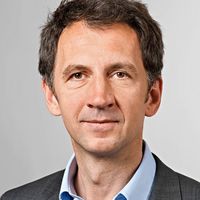
Jürgen Ruland
Institute for Clinical Chemistry and Pathobiochemistry, Technical University Munich
Munich, DE
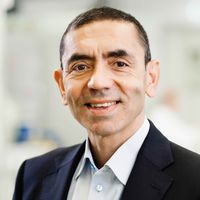
Uğur Şahin
TRON – Translational Oncology at the University Medical Center
Johannes Gutenberg University
Mainz, DE

Joseph Schlessinger
Department of Pharmacology
Yale University School of Medicine
New Haven, US

Laura Soucek
Vall d'Hebron Institute of Oncology (VHIO)
Barcelona, ES
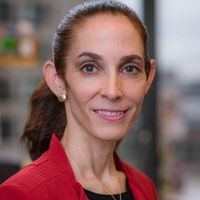
Kimberly Stegmaier
Pediatric Oncology, Dana-Farber Cancer Institute
Boston, US

Andreas Trumpp
Division of Stem Cells and Cancer, German Cancer Research Center (DKFZ)
Heidelberg, DE

Matthew Vander Heiden
Koch Institute for Integrative Cancer Research
Massachusetts Institute of Technology
Cambridge, US

Karen Vousden
The Francis Crick Institute
London, UK

Lars Zender
Department Internal Medicine VIII
University Hospital Tübingen, DE
Tuesday, 25 September 2018
| 16:00-18:00 | Arrival & Registration (Foyer) |
| 18:00-18:30 | Welcome & Introduction: Christian Brandts, University Cancer Center, Frankfurt, DE |
| 18:30-19:30 | Opening Session Session Chairs: Ivan Dikic, Florian Greten |
| 18:30-18:55 | Tak W. Mak, University of Toronto, CA: Targeting genomic instability in cancer: dream or reality |
| 19:00-19:25 | René Bernards, Netherlands Cancer Institute, Amsterdam, NL: A one-two punch model for cancer therapy |
| 19:30 | Welcome Reception (Foyer) |
Wednesday, 26 September 2018
| 08:30-09:00 | Registration (Foyer) |
| 09:00-10:45 | Session 1: From cancer stem cells to tumor heterogeneity and treatment resistance Session Chairs: Daniela Krause, Richard Marais |
| 09:00-09:25 | Sean Morrison, University of Texas Southwestern, Dallas, US: The metabolic regulation of cancer progression |
| 09:30-09:55 | Priscilla K. Brastianos, Harvard Medical School, Boston, US: Genomic evolution of brain metastases |
| 10:00-10:25 | Andreas Trumpp, German Cancer Research Center, Heidelberg, DE: Stem cell features in cancer and therapy resistance |
| 10:30-10:40 | Anna Lorentzen, Aarhus University, Aarhus, DK: Liquid-phase single-cell polarity facilitates tumor cell attachment, adhesion and metastasis |
| 10:45-11:15 | Coffee Break (Foyer) |
| 11:15-13:00 | Session 2: Novel approaches for improved precision oncology Session Chairs: René Bernards, Simone Fulda |
| 11:15-11:40 | Jürgen Ruland, Technical University Munich, DE: Antigen receptor and co-receptor signaling pathways in lymphoma: the dark side |
| 11:45-11:55 | Birgitta E. Michels, Georg-Speyer-Haus, Frankfurt, DE: Unbiased identification of tumor suppressor function by pooled CRISPR/Cas9 screening in human colon organoids |
| 12:00-12:10 | Kivanc Görgülü, Technical University Munich, DE: Levels of Autophagy-related gene (Atg5) determine pancreatic tumor formation and metastasis in mice |
| 12:15-12:40 | Lars Zender, University Hospital Tübingen, DE: Translating cancer biology: from functional target discovery to academic drug discovery and development |
| 12:45-12:55 | Simon Kreutzfeldt, National Center for Tumor Diseases, Heidelberg, DE: Integration of comprehensive molecular profiling into clinical practice |
| 13:00-14:00 | Lunch Break (Mensa) |
| 14:00-16:15 | Session 3: From oncogenic signaling to targeting pathways Session Chairs: Laura Soucek, Peter Wild |
| 14:00-14:10 | Markus Morkel, Charité - Universitätsmedizin, Berlin, DE: Cell type-dependent differential activation of ERK by oncogenic KRAS or BRAF in the mouse intestinal epithelium |
| 14:15-14:40 | Stefan Pfister, National Center for Tumor Diseases, Heidelberg, DE: Novel molecular targets in childhood brain tumors |
| 14:45-15:10 | Richard Marais, Cancer Research UK Manchester Institute, UK: Lysyl oxidase regulates tumor cellularity |
| 15:15-15:40 | Ivan Dikic, Goethe University Frankfurt, DE: Ubiquitin networks in cancer pathogenesis |
| 15:45-16:10 | Bernhard Küster, Technical University Munich, DE: The target landscape of clinical kinase drugs |
| 16:15-16:45 | Coffee Break (Foyer) |
| 16:45-18:30 | Session 4: Cancer metabolism: from understanding to intervention Session Chairs: Rolf Marschalek, Joachim Steinbach |
| 16:45-17:10 | Simone Niclou, Luxembourg Institute of Health, LU: Harnessing metabolic specificities of IDH mutant glioma for novel therapies |
| 17:15-17:25 | Dietrich A. Ruess, Technical University Munich, DE: Mutant KRAS-driven cancers depend on PTPN11/SHP2 phosphatase |
| 17:30-17:55 | Matthew Vander Heiden, Massachusetts Institute of Technology, Cambridge, US: Considerations to target metabolism for cancer therapy |
| 18:00-18:25 | Karen Vousden, The Francis Crick Institute, London, UK: p53 pathways and cancer cell metabolism |
| 18:30-20:00 | Poster Session I & Finger Food (Foyer and Seminar Rooms First Floor) |
Thursday, 27 September 2018
| 08:30-09:00 | Registration (Foyer) |
| 09:00-10:45 | Session 5: Tumor microenvironment and metastasis Session Chairs: Claus Rödel, Kimberly Stegmaier |
| 09:00-09:25 | Michael Karin, University of California San Diego, US: Metabolic and immune control of liver tumorigenesis |
| 09:30-09:55 | Florian Greten, Georg-Speyer-Haus, Frankfurt, DE: Modeling colorectal cancer progression |
| 10:00-10:25 | Raghu Kalluri, University of Texas, Houston, US: Functional contribution of tumor microenvironment and exosomes in the biology and treatment of pancreatic cancer |
| 10:30-10:40 | Ramona Schulz-Heddergott, University Medical Center Göttingen, DE: Therapeutic ablation of stabilized gain-of-function mutant p53 in colorectal cancer inhibits Stat3-mediated tumor growth and invasion |
| 10:45-11:15 | Coffee Break (Foyer) |
| 11:15-12:45 | Session 6: Immunotherapy beyond checkpoint-inhibition Session Chairs: Bernhard Brüne, Tak W. Mak |
| 11:15-11:40 | Michael Platten, University Heidelberg, DE: Challenges in brain tumor immunotherapy |
| 11:45-11:55 | Fabian Coscia, University of Copenhagen, DK: Multi-level proteomics identifies a novel mediator of chemosensitivity and immunotherapy target in ovarian cancer |
| 12:00-12:10 | Emmanouil Fokas, Goethe University Frankfurt, DE: The stromal immune contexture of pancreatic ductal adenocarcinomaand rationale for combination of radiotherapy with immunotherapy |
| 12:15-12:25 | Frederic B. Thalheimer, Paul-Ehrlich-Institute, Langen, DE: In vivo generation of human CD19-CAR T cells results in B cell depletion and signs of cytokine release syndrome |
| 12:30-12:55 | Uğur Şahin, TRON - Translational Oncology a the University Medical Center Mainz, DE: Personalized cancer immunotherapy |
| 13:00-14:30 | Poster Session II & Lunch (Foyer and Seminar Rooms First Floor) |
| 14:30-16:30 | Session 7: Target discovery in cancer Session Chairs: Hubert Serve, Karen Vousden |
| 14:30-14:40 | Svenja Wiechmann, Goethe University Frankfurt, DE: Targeting Ras interactions: engineered Ras-binding domains as potent competitive inhibitors of oncogenic Ras |
| 14:45-14:55 | Manuel Kaulich, Goethe University Frankfurt, DE: High-fidelity multiplexed CRISPR/Cas libraries for functional interrogations |
| 15:00-15:25 | Kimberly Stegmaier, Dana-Farber Cancer Institute, Boston, US: Identification of new cancer vulnerabilities with functional genomic screens |
| 15:30-15:55 | Thomas Oellerich, Goethe University Frankfurt, DE: Therapeutic strategies revealed by proteogenomics |
| 16:00-16:25 | Joseph Schlessinger, Yale University School of Medicine, New Haven, US: The role of endocrine FGFs in metabolism and cancer |
| 16:30-17:00 | Coffee Break (Foyer) |
| 17:00-19:00 | Session 8: Targeting the untargetable: Myc and epigenetiv reader domains Session Chairs: Michael Karin, Lisa Sevenich |
| 17:00-17:25 | Martin Eilers, University Würzburg, DE: MYCN in neuroblastoma: coordinating transcription and DNA replication |
| 17:30-17:55 | Laura Soucek, Vall d'Hebron Institute of Oncology, Barcelona, ES: Inhibiting Myc with Omomyc-derived peptides |
| 18:00-18:25 | Stefan Knapp, Goethe University Frankfurt, DE: Targeting epigenetiv reader domains in cancer |
| 18:30-18:55 | Simone Fulda, Goethe University Frankfurt, DE: Novel opportunities for therapeutic targeting of cell death pathways |
| 19:00 | Conference Dinner (Foyer and Terrace First Floor) |
Registration fee
The participation fee for the Frankfurt Cancer Conference is 150 EUR. This fee includes:
- Access to all conference sessions
- All conference material (program & abstract book)
- Welcome reception on September 25, 2018
- Coffee breaks, lunches and finger food on September 26+27, 2018
- Conference dinner on September 27, 2018
- Free WLAN at conference venue
- Free public transport upon request in Frankfurt/Main during conference
Accommodation is NOT included in the registration fee.
Deadlines
Registration deadline: August 15, 2018
Final payment deadline: August 31, 2018
Abstract submission deadline: June 1, 2018
Registration will be closed after the limit of 400 registered participants is reached.
Payment
Please note that your registration will only be complete upon payment of the 150 EUR fee by SEPA bank transfer to the following bank account within four weeks of registration:
Recipient: Universitätsklinikum Frankfurt
Bank name: Frankfurter Sparkasse
Bank address: Frankfurter Sparkasse, Neue Mainzer Str. 47-53 , 60311 Frankfurt, Germany
IBAN: DE32 5005 0201 0000 3799 99
SWIFT: HELADEF1822
Reason for payment: (please note that this information is essential!)
80101841
FCC 2018
Full name of participant
Please ensure that, where applicable, all bank fees are incurred by the participant's institution and that the participant's full name is stated under "reason for payment". Registration payments are VAT-exempt. Due to internal accounting restrictions, payment of conference fees is only possible by bank transfer. Payment by credit card or cash at the conference is NOT possible!
After receipt of your registration fee on our bank account, a final confirmation with all necessary information on the conference will be sent to the email address given upon registration. Should you wish to receive an invoice, please contact the conference managers.
Abstract submission has been closed on June 10, 2018.
Selection of abstracts for poster presentations will be based on their scientific impact on the conference. After the assessment of the abstracts by the Scientific Organizing Committee, authors will receive an email notification and will be informed of acceptance and selection for poster presentation.
All accepted participants are invited to present a poster. Posters should be printed in DIN A0, which is 84.1 cm (width) x 118.9 cm (height). Poster stripes and pins for poster setup will be provided at the conference venue.
Transport & Directions
The Campus Westend of the Goethe University Frankfurt is well-connected to the international airport of Frankfurt (FRA) and reachable by taxi (20 min) or public transport (35 min).
The Deutsche Bahn (www.bahn.de) offers railway services from German and European cities directly to the Frankfurt Main Station, which is connected to Campus Westend by a 10 min subway ride.
Detailed information on public transportation in Frankfurt: www.rmv.de
Travel by plane
Flight to Frankfurt International Airport (FRA)
Taxi ride to Campus Westend (20 min) or
Public transportation with S8 or S9 to “Hauptwache” and then U1/U2/U3/U8 to “Holzhausenstraße”, 0.5 km walk to Campus Westend
Travel by train
Train ride to Frankfurt Main Station (“Frankfurt Hauptbahnhof”)
Public transportation with S1-9 to “Hauptwache” and then U1/U2/U3/U8 to “Holzhausenstraße”, 0.5 km walk to Campus Westend
Participants can book their train tickets with the Deutsche Bahn to Frankfurt am Main at special rates via DB Veranstaltungsticket.
Travel by car
Address for navigation system: Theodor-W.-Adorno-Platz 1, 60323 Frankfurt am Main
Parking has to be organized individually by the participants.There are no reserved parking lots at the conference venue. Several car parks are in the immediate vicinity of the conference (<1 km):
- Parkhaus Palmengarten, Siesmayerstraße 61, 60323 Frankfurt am Main
- Parkhaus Grünhof APCOA, Eschersheimer Landstraße 223, 60320 Frankfurt am Main
- Parkhaus Turmcenter, Querstraße 7-9, 60547 Frankfurt am Main
Accommodation
Accommodation is NOT included in the registration fee and has to be organized by the participants individually. We have blocked rooms until 28 August 2018 at special rates in hotels in the Frankfurt city center close to the conference venue. Rooms are available on a first-come-first-serve basis and can be reserved directly via this booking link before 28 August 2018:
Booking link (English) Booking link (German)
Rooms for participants are blocked in the following hotels:
Motel One Frankfurt Messe
Europa-Allee 25
60327 Frankfurt am Main
Distance to conference venue: 2,7 km
Aparthotel Adagio Frankfurt City Messe
Hamburger Allee 4
60486 Frankfurt am Main
Distance to conference venue: 2,3 km
Fleming’s Express Hotel Frankfurt
Poststraße 8
60329 Frankfurt am Main
Distance to conference venue: 2,3 km
Fleming’s Selection Hotel Frankfurt City
Eschenheimer Tor 2, Bleichstraße 64-66
60318 Frankfurt am Main
Distance to conference venue: 1,4 km
For questions concerning hotel reservations, please contact Ms Fotini Kaldi from the Frankfurt Convention Bureau:
Tel: +49 (0)69 / 2123 0808, Email: f.kaldi@infofrankfurt.de
Sightseeing
A leaflet containing information on sightseeing attractions in and around Frankfurt as well as a city map can be downloaded here.
Contact
On behalf of the Organizing Committee
Prof. Christian Brandts
Director University Cancer Center (UCT) Frankfurt
University Hospital Frankfurt
Goethe University Frankfurt
Conference Managers
Dr. Stefanie Graf
stefanie.graf@kgu.de
Tel: +49 (0)69 / 6301-87763
Mobile: +49 (0)151 / 17191093
Birgit Rosiejak
rosiejak@em.uni-frankfurt.de
Tel: +49 (0)69 / 6301-5459
Press Relations
Felicitas Cremer
felicitas.cremer@kgu.de
Tel: +49 (0)69 / 6301-87335
Mobile: +49 (0)151 / 17191182


